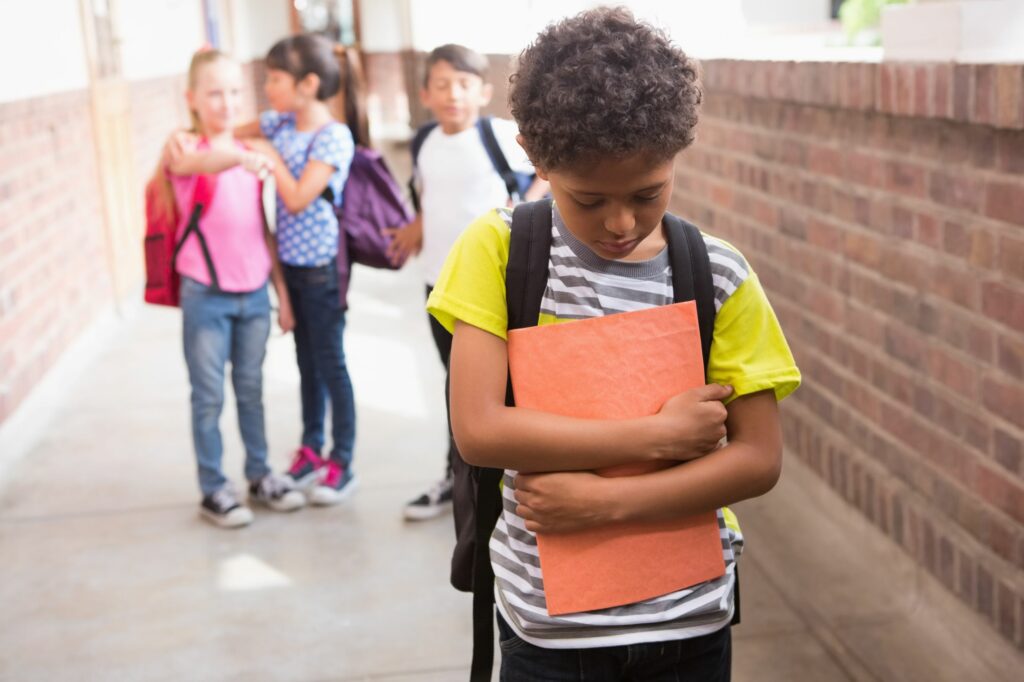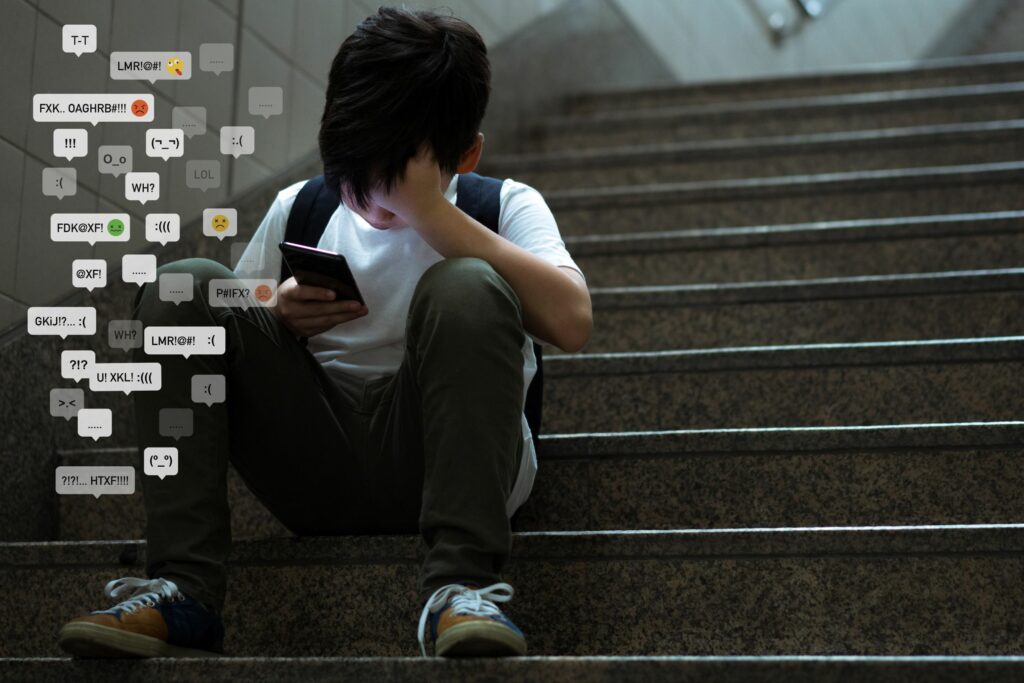
For many students, bullying is an unfortunate reality of their school experience. Children can be cruel no matter how old they are, though a report from the Centers for Disease Control and Prevention’s Injury Center states that bullying is most commonly reported in middle school.
Common anti-bullying sentiment, such as “be an upstander, not a bystander,” an adage that many schools teach, often puts the responsibility of doing something about bullying on children—telling an adult or defending their peers. What is often downplayed is the responsibility of parents when their child is bullied or their child bullies others.
In an article for The Greater Good Science Center at the University of California, Berkeley, developmental psychologist Diana Divecha writes that creating an authoritative but positive household is best for parents. Bullying often starts in the home, with children mirroring adults or other authority figures in their lives.
“In contrast, children who experience harsh parenting practices fare worse, and they’re more likely to become a bully or become the focus of bullying,” Divecha writes.
Dr. Shakira Espada-Campos, the associate chief of behavioral health at MDLIVE, agrees.
“If parents are concerned about their child exhibiting bullying behavior, it’s important to model empathy and respect yourself,” she says.
Dr. Espada-Campos has worked in the fields of child and family therapy for more than two decades, with a focus on trauma and social justice issues. Bullying is a common experience shared by many children and teenagers that often overlaps with her work because of its effects on their mental health.
On the social justice side of the issue, bullying can often stem from bigotry: children harassing those who are different from them, whether it is due to their race, gender, sexuality or economic status.
“The lack of awareness or knowledge of another group can result in the creation of false and/or unfair narratives. The ability to ask questions, learn about others and challenge misconceptions can lead to greater understanding, empathy and compassion,” Espada-Campos explains.
The most important thing that parents can do for a bullied child is to be there for them every step of the way, whether that involves offering a shoulder to cry on or taking steps to discuss bullying with authority figures at their school.
“It’s important to hear what the child experienced and reassure them that the decision to tell you was correct,” Espada-Campos says.
Cyberbullying

Cyberbullying is just as prevalent of an issue as bullying that happens at school. With many children having social media accounts or playing video games online, they can often be subject to harassment from other children and even adults. One company trying to reduce cyberbullying is Kidas, which has partnered with psychologists and psychiatrists based at the Children’s Hospital of Philadelphia to keep children safe online.
Kidas monitors children’s conversations and activity across over 200 games and gaming-related apps, alerting parents to potential dangers while still allowing children to explore the internet and socialize.
Ron Kerbs, CEO of Kidas, believes cyberbullying is so common because online social spaces can often be toxic.
“When kids experience gaming and social media for the first time, they see grown-ups who are using hate speech and bullying each other. And they copy them because they think it’s how people behave there,” he says. “It’s a generational problem.”
Kerbs stresses that when trying to talk to a child about bullying they may be experiencing, open and honest communication is key — and that parents should be aware of their child’s online activities while still allowing them to have their own independence.

“You should understand what your child is playing, who they are communicating with and if what they are doing is age-appropriate,” Kerbs explains. “And that doesn’t mean snooping or spoofing or reading all their messages.”
In his eyes, restricting a child from using the internet because they are being bullied is not the solution to bullying, and can only serve to isolate them. Rather, helping them use the internet safely and responsibly is important.
“It’s important to raise responsible gamers and responsible internet users,” he says. “And to teach them both to not bully, and to not be bystanders when others are bullied.”






